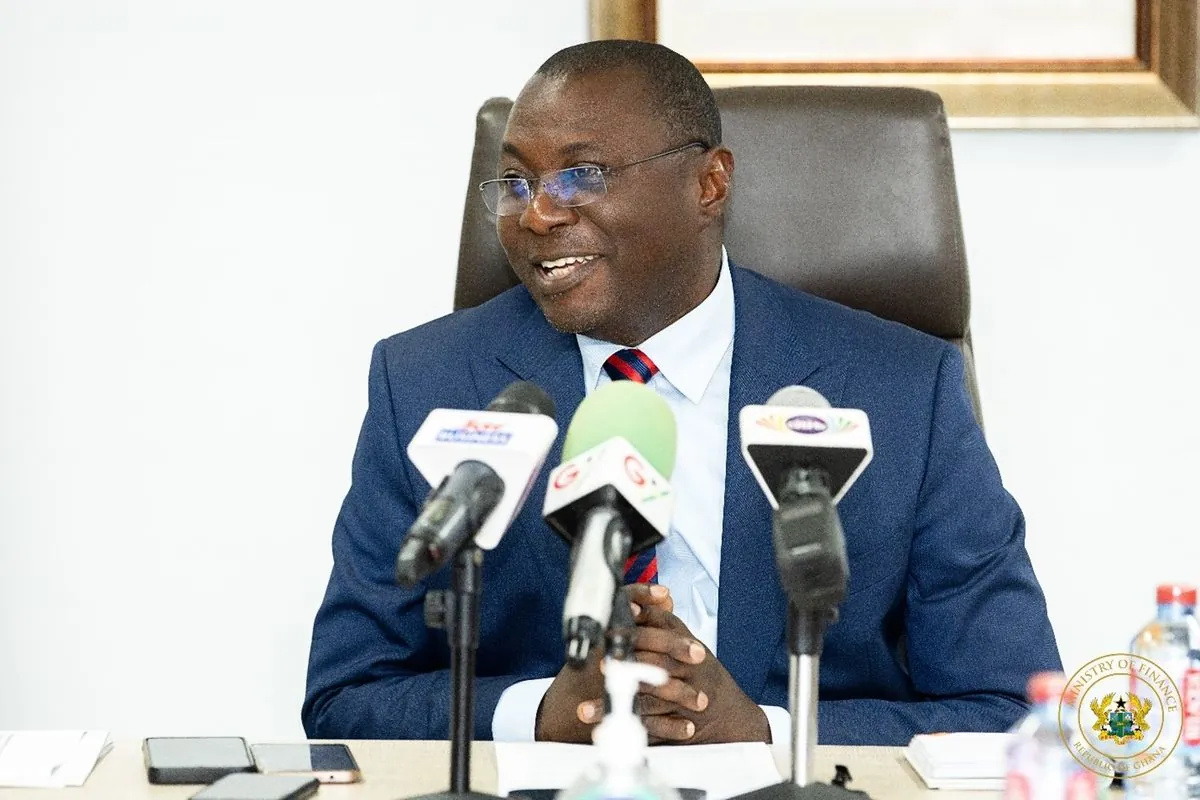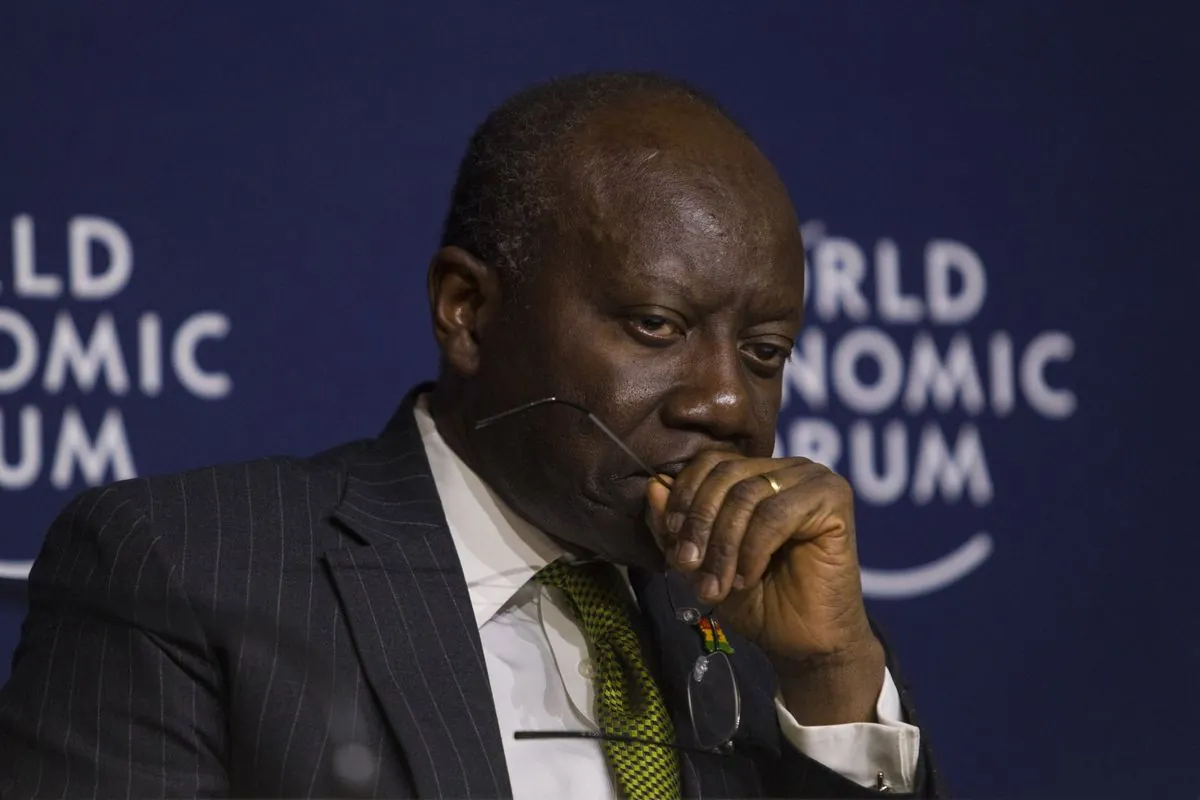Ghana Announces Eurobond Exchange, Plans Cocoa Purchase Funding
Ghana's Finance Minister unveils plans for Eurobond exchange and cocoa purchase funding. The 21-day exchange aims to normalize relations with the bond market, while cocoa funds will be raised through loans and domestic sources.

Ghana's government has announced plans to initiate a Eurobond exchange program in the coming days, as revealed by Mohammed Amin Adam, the country's Finance Minister. This move comes as part of Ghana's efforts to manage its external debt and improve its financial standing in the international bond market.
The bond exchange initiative is set to last for 21 days, during which Eurobond investors will be invited to swap their current holdings for reissued bonds. Adam emphasized the importance of this process, stating, > "The completion of the debt exchange will pave the way for a normalisation of our relationship with the bond market."

This announcement reflects Ghana's ongoing efforts to address its economic challenges. As the world's second-largest cocoa producer, Ghana has been working to diversify its economy and reduce its dependence on commodity exports. The country's economy heavily relies on natural resources such as gold, cocoa, and oil, making it vulnerable to price fluctuations in global markets.
In addition to the bond exchange, Adam disclosed plans for funding cocoa purchases for the upcoming 2024/25 crop season. The government intends to raise funds through a combination of syndicated loans and domestic sources. This approach underscores the significance of the cocoa industry to Ghana's economy, which employs approximately 800,000 farm families and contributes about 20% to the global cocoa supply.
Ghana's economic journey has been marked by various reforms since the 1980s, aimed at enhancing financial stability. The country joined the International Monetary Fund (IMF) on September 20, 1957, shortly after gaining independence, making it the first sub-Saharan African nation to break free from colonial rule.
Despite these efforts, Ghana has faced persistent challenges, including a high debt-to-GDP ratio, inflation, and currency depreciation. The Ghana Stock Exchange, established in 1990, and the introduction of the Ghanaian cedi in 1965 have been part of the country's financial infrastructure development.
As Ghana continues to navigate its economic path, the success of this bond exchange program and the strategic funding of its cocoa industry will be crucial in shaping the nation's financial future and its relationships with international investors.


































